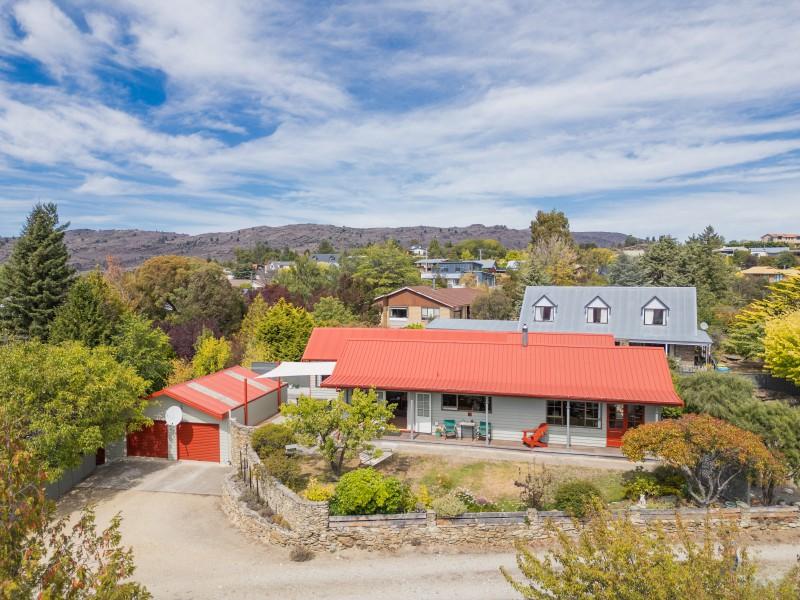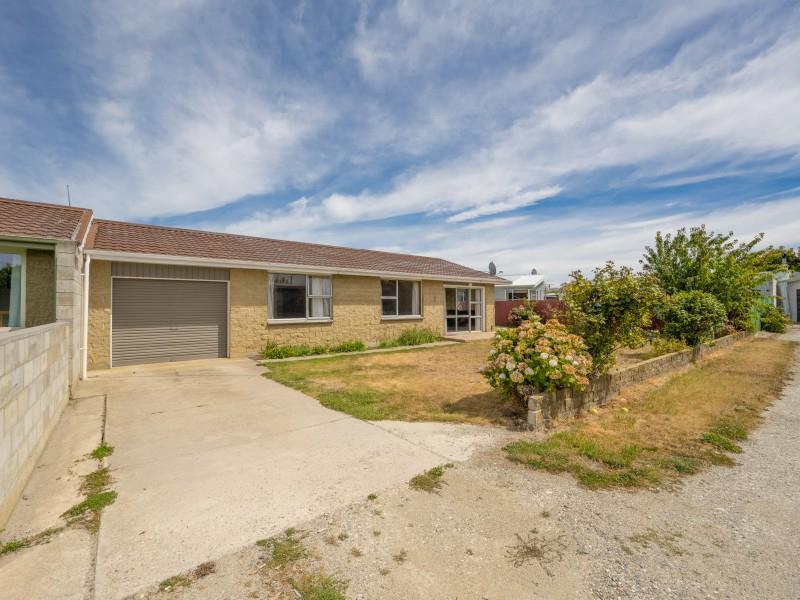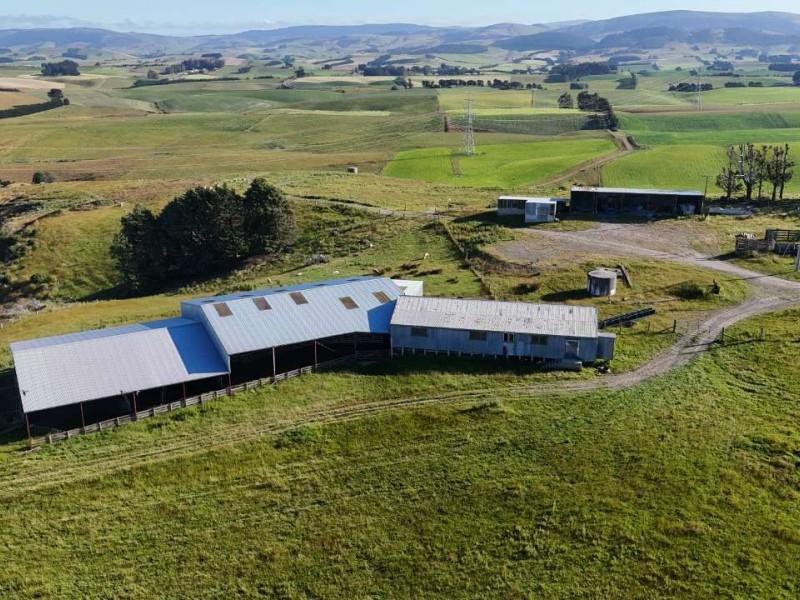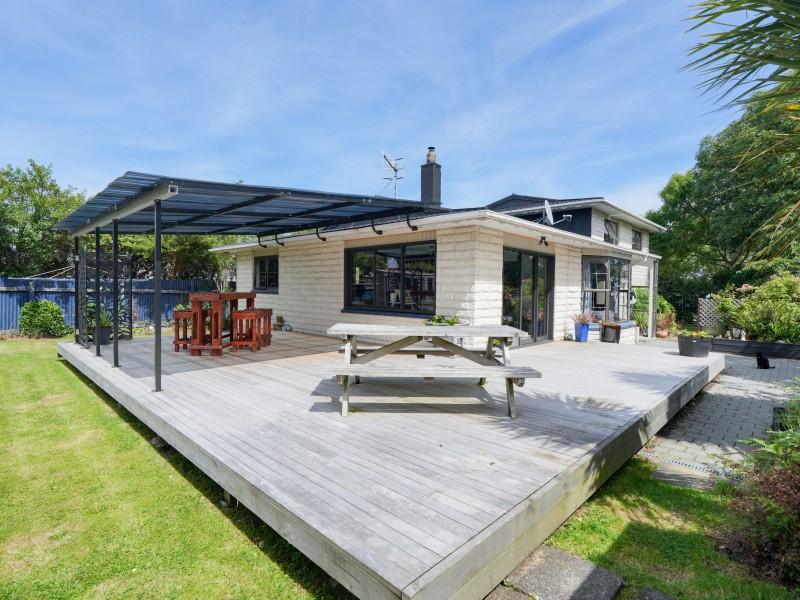Larges slips around Queenstown, state of emergency in place for at least seven days
Large slips on surrounding hillsides loom over central Queenstown after a state of emergency was declared on Friday morning.
Queenstown Lakes District mayor Glyn Lewers made the declaration at 6.30am on Friday after heavy rain overnight brought down slips and more than 100 people were evacuated from their homes.
He expected the state of emergency would last for seven days. It gave police the power to call people off the roads, he said.
Schools, roads and ski fields were closed while much of the town centre was covered in mud and debris that had poured down from forestry work on Bob’s Peak, under the Skyline gondola.
Niwa said Queenstown recorded 87mm of rain in 24 hours, its wettest day in 24 years.
It has been a horror week for business in the town, which learnt a day earlier they could be under a boil water notice for months due to a cryptosporidium outbreak, with 23 confirmed cases as of Friday morning.
Surveying the damage in central Queenstown on Friday, Southland MP Joseph Mooney said there was a bit of work ahead of the community to fix all the issues.
“We're a resilient bunch, we will get through this,” he said.
In addition to the Bob’s Peak landslide, there were slips at the top of Reavers Lane, and at Wilson’s Bay.
Skyline chief executive Geoff McDonald said the slip that ran down Bob’s Peak and carried mud and forestry debris into central Queenstown started on a forestry access road.
The rain pooled on the top forestry track last night and when it let go it created a water fall and landslide that carried logs stacked on the access road for removal, down towards town.
The majority of the material that ran down the hillside was mud and forestry debris carried by the logs.
”It’s not slash per-se,” he said.
The company had been clearing wilding pines on the hillside for about two years to create a safety barrier around the gondola and provide a fire break on the hillside that sits in Queenstown’s Red Zone – a high risk area for wildfires.
The most serious risk considered when the project was planned was the fire risk, he said.
“I don’t think anyone would have imagined we would have faced a weather event like this.”
All the gondola infrastructure had been assessed and unaffected by the storm and slip.
He hoped they would reopen for business on Saturday, but that depended on the council clearing and opening Brecon St.
Johnny Stevenson, of Coronet Property Management, was in Queenstown from 4am assessing the effects on his company’s properties.
“The town looked like 180 cows had been wintering on the chou. It was just sticks and mud,” he said.
The worst damage was the Mountaineer Building where water had entered the Quicksilver, Kathmandu and Night and Day stores.
Some stock was damaged, but all stores were open by about 11am, he said.
It was the second time the building had been hit by floodwaters since the town centre redesign had happened and grates had become blocked.
“I really think it’s because they did away with the curb and channel,” he said.
The Queenstown Lakes District Council has commissioned reports into the redesign and flooding but has refused to release them to Stuff.
The cuncil released a statement at 6.15pm on Friday saying officials had been working closely with geotechnical engineers to determine a safe approach to clearing debris on Upper Brecon St.
“The situation has evolved over the course of the day. The team is continuing to evaluate the weather forecast and expert advice to recommend an appropriate approach to allowing affected businesses at the top of Brecon St to reopen safely.
“The current cordon at the intersection of Brecon and Isle streets will remain in place overnight for safety reasons.”
Emergency operations centre controller and community services general manager Ken Bailey acknowledged many would be concerned about potential damage to their loved ones’ graves in Queenstown Cemetery.
“Parts of the cemetery have been affected by slips caused by heavy rain since yesterday. There is currently no public access for safety reasons while inspections continue. The emergency management and QLDC Parks and Reserves teams are liaising closely with religious groups and iwi,” he said.
“We appreciate the distress this is likely to be causing to those friends and family members affected and we will provide further updates to the community as soon as we possibly can.”
The focus on Saturday would be to clear debris from one side of Brecon St (adjacent to Kingpin and neighbouring businesses) to provide safe pedestrian access, he said.
In the case of further heavy rain, the cordon at the Isle/Brecon street intersection would be reinstated.
In relation to flooding at the Reavers Ln area, good progress had been made to divert water to a manhole, but further work was required to clear a blocked culvert at the base of the catchment, Bailey said.
Council staff contacted remaining affected properties directly. Access to all remaining properties had been reinstated.
Nearby Coronet Peak closed for the season after two days of wet weather hammering the snowpack.
However, The Remarkables and Cardrona expected to remain open during the school holidays after closures on Friday. Fresh snow landed on Friday afternoon.
Several roads were closed on the outskirts of Queenstown including the Glenorchy Rd, between Fernhill and Sunshine Bay.
Several schools and kindergartens closed on Friday – the last day of the school term – including Wakatipu High School.
Principal Oded Nathan said the school closed due to the state of emergency, the limited amount of drinkable water and the request to limit travel.
A Fire and Emergency NZ spokesperson said they received 91 weather-related calls from Thursday to 9am Friday across the lower South Island up to Queenstown.
The Alexandra Blossom Festival committee cancelled the Mardi Gras and Round the Clock Race planned for Friday due to the weather, but the Grand Parade and Saturday in the Park would still take place on Saturday.
Roads around Wānaka, Cromwell and Alexandra were closed for most of the day due to floodwaters, while snow and ice closed Danseys Pass Rd and affected much of the Maniototo area.
Meanwhile, conserve water notices had been issued for Omakau and Naseby in Central Otago.
Some Choice News!
DOC is rolling out a new tool to help figure out what to tackle first when it comes to protecting our threatened species and the things putting them at risk.
Why does this matter? As Nikki Macdonald from The Post points out, we’re a country with around 4,400 threatened species. With limited time and funding, conservation has always meant making tough calls about what gets attention first.
For the first time, DOC has put real numbers around what it would take to do everything needed to properly safeguard our unique natural environment. The new BioInvest tool shows the scale of the challenge: 310,177 actions across 28,007 sites.
Now that we can see the full picture, it brings the big question into focus: how much do we, as Kiwis, truly value protecting nature — and what are we prepared to invest to make it happen?
We hope this brings a smile!

Poll: If we want to reduce speeding, what do you think actually changes driver behaviour? 🛻🚨🚓
In the Post's article on speeding penalties, the question is asked whether speeding fines are truly about road safety, or are they just a way to boost revenue for the Crown?
What do you think? Should speeding motorists receive speeding fines or demerit points?

-
37.4% The sting of a fine (Money talks!)
-
62.6% The threat of demerit points (Nobody wants to lose their license!)
Share your favourite main crop potato recipe and win a copy of our mag!
Love potatoes? We will give away free copies of the May 2026 issue to readers whose potato recipes are used in our magazine. To be in the running, make sure you email your family's favourite way to enjoy potatoes: mailbox@nzgardener.co.nz, by March 1, 2026.


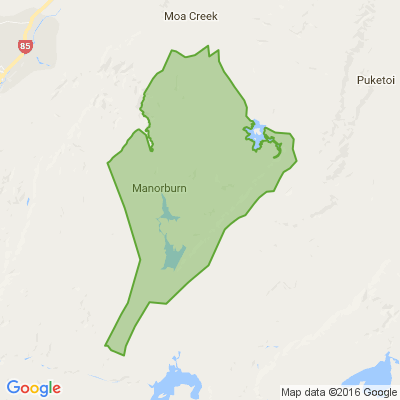




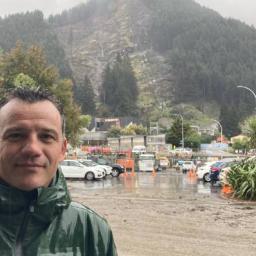
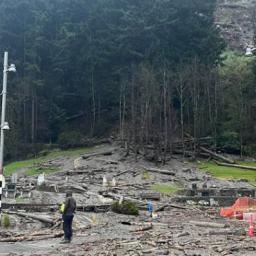
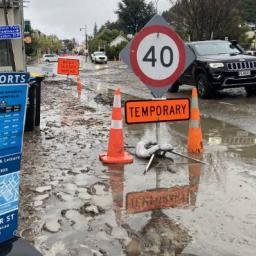
 Loading…
Loading…





